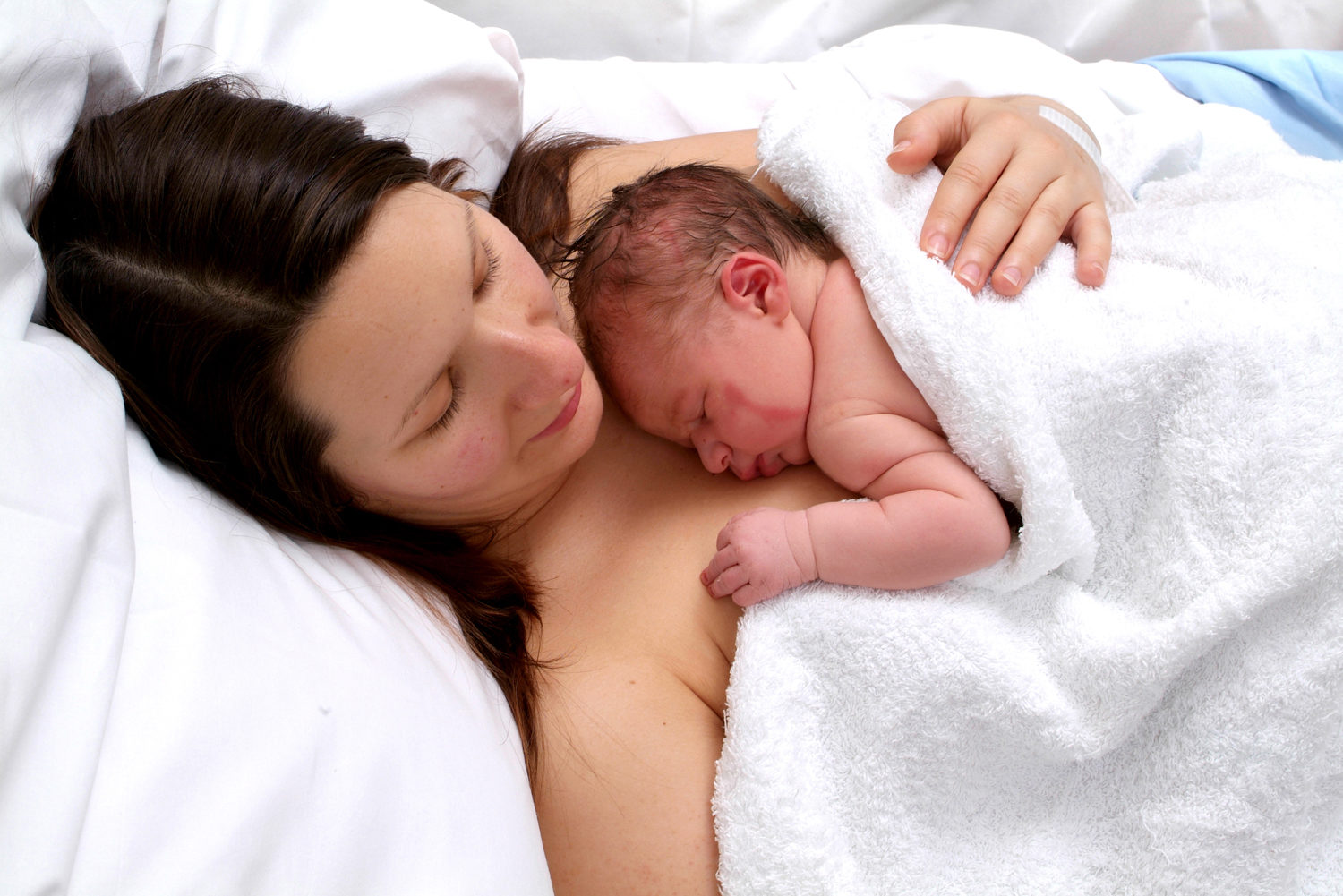
Severe neonatal hypernatraemia: a population based study
This research shows that if mothers do not get adequate support to establish breastfeeding properly, then complications can sometimes arise such as dehydration, which can lead to severe hypernatraemia.
Dangers of dehydration can be reversed if the condition is caught at an early enough stage. The authors of the paper noted that they were encouraged that hospitals which were accredited as Baby Friendly showed no extreme cases of dehydration.
We agree with the authors’ recommendations that a ‘safety net’ needs to be put in place by health-care facilities to ensure that babies are successfully breastfeeding, through regular contact with the mother in the early days to check how breastfeeding is going and the condition of the baby, including weight, stooling and the number of wet nappies in a given time period. This should be standard practice across the NHS, and will ensure that any problems are picked up at an early stage
The Baby Friendly Initiative includes guidance and training for all health professionals in contact with new mothers and babies in how to help a mother initiate successful breastfeeding and overcome common problems. This includes a standard breastfeeding assessment form that health professionals are required to use when they are with a mother to ensure that this safety net is in place.


